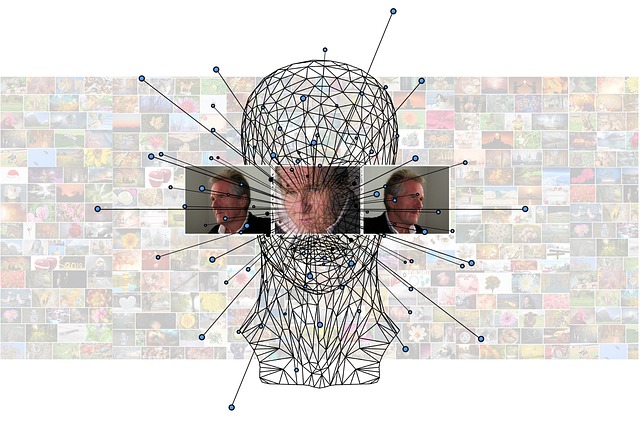In recent years, the convergence of robotics and artificial intelligence has been nothing short of revolutionary for the business sector. One of the cornerstones of this transformation is the application of genetic algorithms, which have emerged as powerful tools in the realm of business automation. By mimicking the process of natural selection, genetic algorithms enable machines to improve their performance over time, leading to more efficient workflows and smarter robotics solutions.
Imagine a factory floor where robots work alongside humans, constantly adapting to new challenges and optimizing their operations. With the integration of genetic algorithms, these robots can evolve their processes, learning from past performances and adjusting their actions to increase productivity. For instance, a robotic arm could refine its techniques to assemble products more quickly or with greater accuracy, thanks to an evolutionary approach that tests various methods and selects the best performers.
The influence of genetic algorithms extends beyond mere automation; they play a pivotal role in enhancing decision-making processes within businesses. By analyzing vast amounts of data, these algorithms can identify patterns and predict outcomes, allowing companies to make informed choices about resource allocation and strategy development. In sectors like logistics, for example, genetic algorithms can optimize delivery routes, ensuring timely arrivals while minimizing costs.
Moreover, the flexibility offered by robotic systems powered by genetic algorithms allows businesses to adapt to sudden market changes. When consumer demand fluctuates, companies can quickly reconfigure their robotic workforce to meet new requirements without extensive human intervention. This kind of adaptability is increasingly critical in a fast-paced world where agility is key to staying competitive.
As businesses continue to embrace automation, the importance of genetic algorithms will only grow. These innovative techniques not only enhance the functionality of robotic systems but also reshape the very fabric of how companies operate. Organizations that leverage the power of genetic algorithms stand to gain a significant advantage, positioning themselves at the forefront of their industries.
In essence, genetic algorithms represent a profound shift in how we approach automation and robotics in business. They empower machines to learn and evolve, enabling businesses to optimize operations and tackle challenges with unprecedented efficiency. As we move forward into a new era of technological advancement, the synergy between robotics, artificial intelligence, and genetic algorithms promises to reshape industries, improve productivity, and ultimately revolutionize the way we work.




